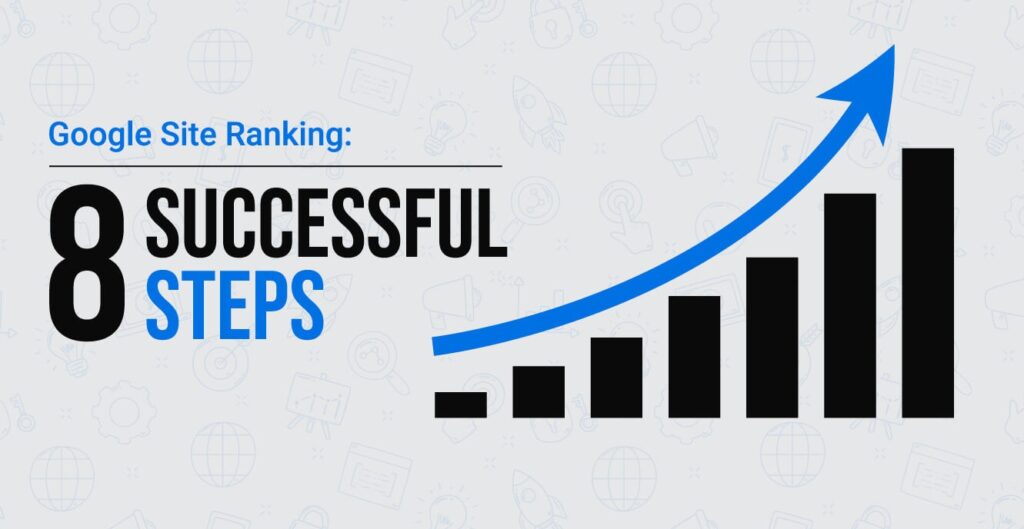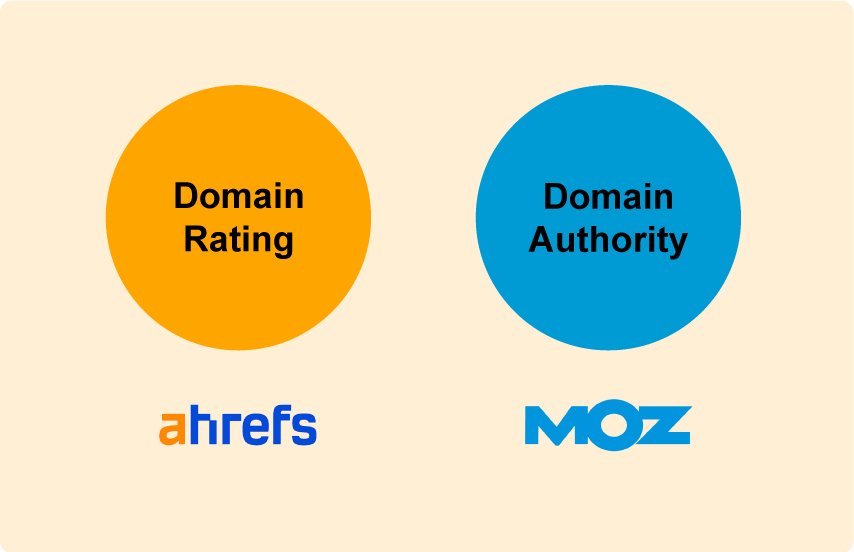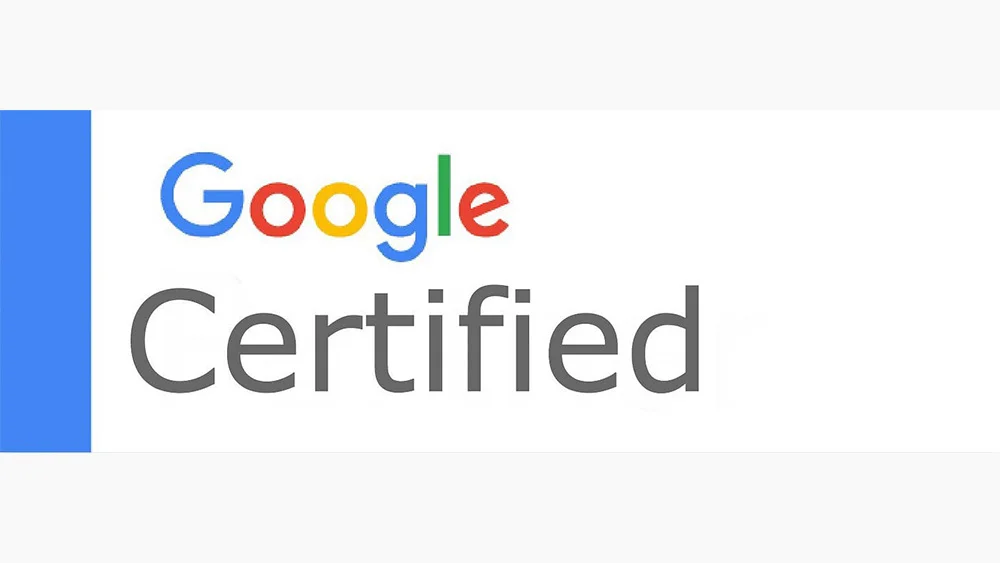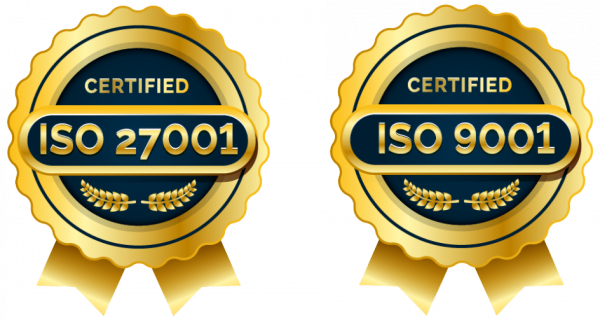How to Ranked Gaming Website on Google
Introduction: Achieving top rankings for your gaming website requires a strategic SEO approach. This guide outlines effective techniques to boost visibility and traffic. Here we will guide you How to Ranked Gaming website on Google. 1. Keyword Research: Focus on long-tail keywords like “best FPS games 2025.” Use tools such as Ahrefs, SEMrush, and Google Keyword Planner. Target low-competition, high-volume keywords. 2. On-Page SEO: Optimize title tags, meta descriptions, and use structured headings (H1, H2, H3). Maintain a keyword density of 1-2%. Add ALT tags to gaming images and use internal linking. 3. Content Creation: Publish detailed reviews, guides, and tutorials. Include gameplay videos, infographics, and screenshots. Ensure content exceeds 2000 words and offers unique insights. 4. Technical SEO: Improve loading speed with CDNs and image compression. Implement mobile-friendly, responsive design. Secure your site with HTTPS and submit an XML sitemap to Google Search Console. 5. Backlink Building: Guest post on gaming blogs. Collaborate with influencers and engage in forums. Use broken link-building tactics. 6. Social Media Engagement: Share content on platforms like YouTube, Reddit, and Discord. Join gaming communities and encourage social sharing. 7. User Experience (UX): Enhance navigation and add clear CTAs. Enable user comments and reviews. 8. Performance Monitoring: Track progress with Google Analytics and Search Console. Analyze user behavior and update content regularly. Conclusion: Consistent SEO efforts, quality content, and community engagement will help your gaming website rank higher on Google. Stay updated on trends and adapt your strategies for ongoing success. Meta Description: Learn how to rank a gaming website on Google with expert SEO tips. Discover keyword strategies, on-page SEO, backlinks, and content techniques for fast results.
How to Ranked Gaming Website on Google Read More »












